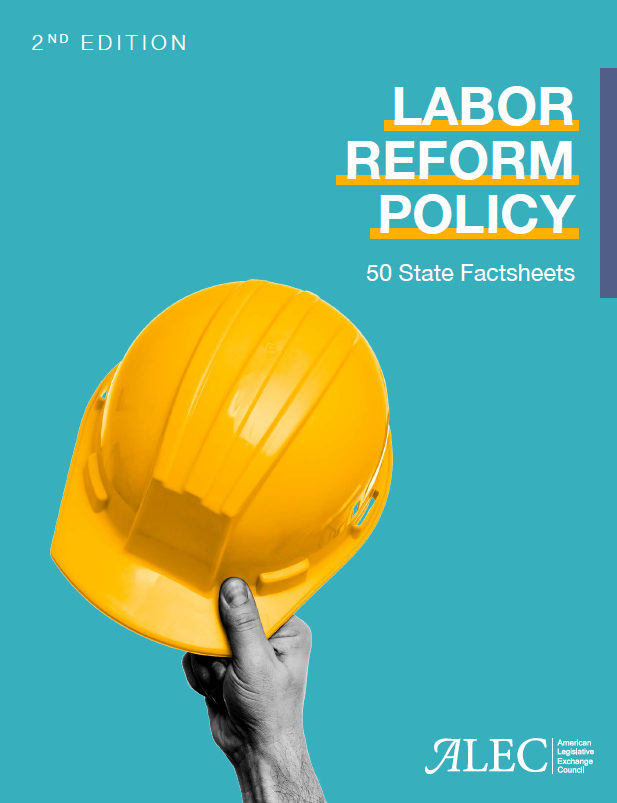Nebraska Looks to Become the Next Universal Recognition State
With Americans more mobile and willing to relocate than ever, states must keep their economies and communities competitive.
Nebraska might be the next state to pass a universal licensing recognition bill. If so, it will join twenty-two other states that have enacted similar legislation and opened their markets and communities to workers with out-of-state occupational licenses.
Licensed workers make up about 17% of America’s population. For each of these individuals, a license indicates significant time and resources invested to earn the qualifications to practice the trade.
As detailed in ALEC’s new publication, Labor Reform Policy: 50 State Factsheets, licensing criteria often differ greatly from state to state. For licensed workers moving to Nebraska, universal licensing recognition would ensure that they can quickly begin working upon arrival, rather than starting from scratch to get re-licensed in their new home state.
Thankfully, policies like those in Nebraska’s LB 16 can help make this a reality. This bill requires Nebraska occupational boards to issue licenses to licensed workers new to Nebraska. To qualify, people must have earned proper credentials in an occupation with a “similar scope of practice” while in another state or the military. Additionally, these professionals need to have held their “credential, military occupational specialty, or license for at least one year,” not be under investigation by a board or the military, and pass an examination covering state-specific rules and regulations, if applicable.
For workers from less regulated states, LB 16 creates additional pathways to licensure. It allows workers with either three years of experience or a private/military certification and two years of experience in a role with a similar scope of practice to receive a Nebraska license. However, they must have earned this experience in a “state or in the United States Military that does not use” regulation similar to an occupational license.
Finally, the bill also removes barriers for ex-offenders striving to earn a license by requiring licensing boards to determine if a person’s criminal record disqualifies him or her from obtaining an occupational license before the person spends time and money pursuing the license criteria. LB 16 outlines several factors the board can consider, including the nature of the crime, the age of the applicant at the time of the offense, and the time elapsed since the crime was committed. It also lists crimes that potentially disqualify a candidate.
Like Nebraska’s LB 16, ALEC model policy also prioritizes reducing the regulations preventing people from entering meaningful employment. ALEC’s Model Interstate-Mobility and Universal-Recognition Occupational Licensing Act allows for the recognition of qualified candidates’ experiences and licenses, enabling them to work in a new state. It asserts that workers from other states with an existing license and a year of experience, a professional certification and two years of experience, or three years of experience in an occupation with a “similar scope of practice” should receive an occupational license from the state.
ALEC’s Collateral Consequences Reduction Act allows ex-offenders to petition a licensing board to review their criminal record to determine if they are eligible to receive an occupational license. This model policy also lays out circumstances in which a licensing board can deny them a license, and it creates a process for a board to revoke, suspend, or limit a license if the licensee is convicted of a crime.
With Americans more mobile and willing to relocate than ever, states must keep their economies and communities competitive. Licensing recognition can make a state more attractive to qualified, skilled workers by making it easy for workers to bring their licenses and experience with them. It is only fitting then that LB 16’s sponsor, Senator Conrad, acknowledges that the bill is “at its essence… [a] workforce bill.”


